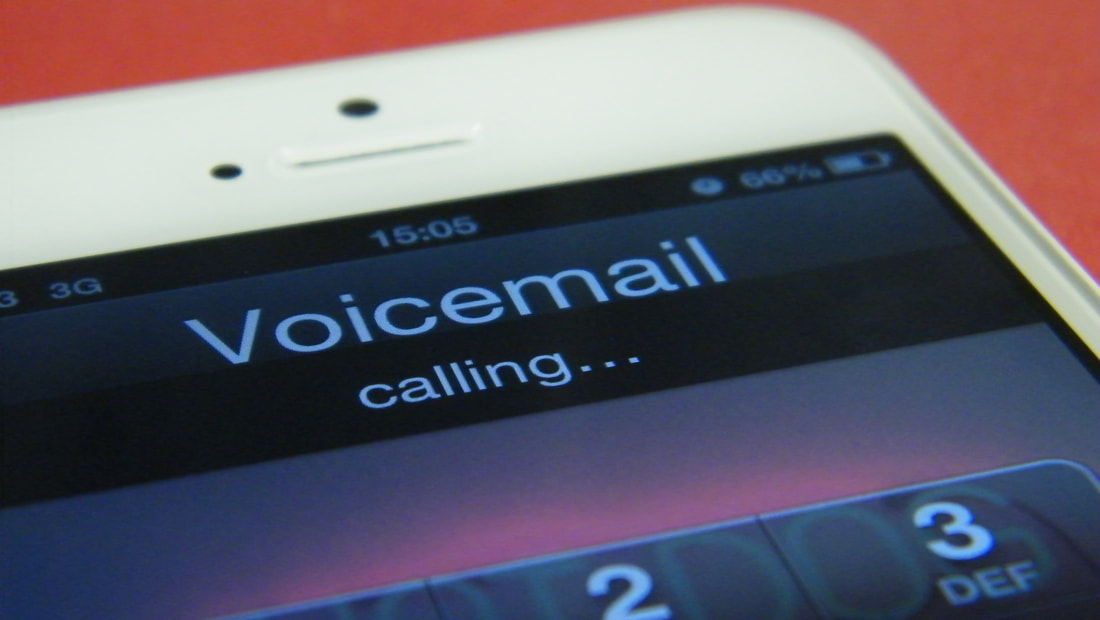|
A ringless voicemail, also known as a voicemail drop, is a method wherein a pre-recorded audio message is dropped into a voicemail inbox without the connected telephone initially ringing. This approach is also known as ringless voicemail. This method is often associated with debt collection agencies and spam, which is commercial email that was not asked for. Legal Status in America: The petition to keep the technique from being regulated by Robocall rules was sent to the Federal Communications Commission (FCC) at first, but it was pulled after it caused a big fuss. The courts in the United States have repeatedly and consistently ruled that voicemail is subject to the Telephone Consumer Protection Act in the same manner as a regular telephone call. This has the effect of rendering illegal voicemail drops that contain unsolicited advertisements or calls from debt collectors in all situations in which the recipient phone number is associated with a rate-limited account. Even if the call was not answered or the voice message was not listened to, sending such messages is still a violation that can result in penalties and civil liabilities. Furthermore, the person who was phoned does not have to provide evidence that they were charged for any calls in order to win the case. When a person's phone number is included on the FTC's "do not call" list, it is also against the law for that person to receive such messages. conclusion In a nutshell, it is illegal to call or leave voicemails on phone numbers registered with the federal do not call list, and if no other decisions have been made, it is safe to call those who are not on the do not call list for the time being. Legal Status in Canada: The Canadian Radio-television and Telecommunications Commission (CRTC) lets people check their voice mail without stopping what they are doing. Federal Communication Commission on Ringless Voicemail The Federal Communications Commission (FCC) has not yet rendered a decision regarding the legality of Ringless Voicemail or whether or not this technology constitutes a "call" as defined by the Telephone Consumer Protection Act (TCPA). Also, it hasn't put any restrictions on ringless voicemails (RVM). There have been a number of petitions filed with the FCC by various organizations, the most notable of which was all about the Message, LLC in 2017 and VoApps in 2014, who were both seeking a declaratory ruling from the FCC that the RVM technology was not subject to the TCPA regulations. These petitions have been unsuccessful. But because of how people felt and what they said, both groups decided to pull their applications before a decision was made. At the time that this story was being published, no notice of appeal had been submitted, and the FCC had, up until this point, refrained from expressing any view about the case. Is Ringless Voicemail Legal or Not? Understanding the technology that enables this procedure to be carried out is necessary for any attempt to provide a solution to this issue. When you call a number and there is no answer after a certain amount of time, the phone will beep and ask you to leave a voicemail, after giving you the option to do so after the beep. This is the standard method for leaving a voicemail. Now, here's the catch. Using technology, ringless voicemail is able to leave a voicemail on a prospect's phone by entering through the back door. It does this by utilizing a technique known as Adaptive Signaling technology, which permits the message to be routed straight to the enhanced service platform of the voicemail service provider. This is a voicemail server space that is allotted to the user's phone number. It is important to keep in mind that voicemail messages are not kept on the user's actual phone but rather on the server space of the user's phone that is handled by the user's phone carrier. This is what enables the technology to be able to transmit a voicemail to a phone without causing the user's phone to ring when the message is delivered. The user of the phone will get a notice telling them that they have a new voicemail message after the voicemail has been successfully sent to the server space that is associated with the particular phone number that was used. Ringless voicemails are not legal. Unless, of course, you have provided them with legal consent authorizing them to make telemarketing calls to your phone, in which case the telemarketing company must then provide you with an easy mechanism to allow you to opt-out at any given time. If you have provided them with legal consent authorizing them to make telemarketing calls to your phone, then the telemarketing company is required to do so. Telephone Consumer Protection Act (TCPA) On Ringless Voicemail The Telephone Consumer Protection Act prohibits any person within the United States of America from "making any call... using any automatic telephone dialing system or an artificial or pre-recorded voice... to any telephone number assigned to a paging service, cellular telephone service, or any other service for which the called party is charged for the call." This includes calling any telephone number assigned to a service that charges the called party for the call. Ringless voicemails aren't considered phone calls according to the law; 47 U.S.C. & 227 (b), (1), (A). This is something that telemarketers and collection agencies have long maintained (iii). In the case of Saunders v. Dyck O'Neal, United States District Judge Gordon J. Quist of the United States District Court for the Western District of Michigan ruled in favor of the consumer on July 16, 2018, declaring that a Ringless Voicemail message (RVM) is considered to be a "call" that is governed by the Telephone Consumer Protection Act (TCPA). He did some research on the usual meaning of the verb "to call," and he discovered that the term "call" implies communicating with or attempting to contact a person over the telephone. He also pointed out that the plaintiff had received the notifications and listened to the voicemails on her phone, and that, as a result, the outcome was the same regardless of whether or not her phone had rung before the voicemail was left. He said this was evidence that the plaintiff was not at fault. If it is against the law to phone the customer, then you cannot. Federal Rules for Telemarketers In response to consumer concerns over an increase in the number of commercial calls and automated, pre-recorded communications, the Telephone Consumer Protection Act (TCPA) was enacted in 1991. Invoking the power granted to it by the Telephone Consumer Protection Act (TCPA), the Federal Communications Commission (FCC) issued rules that require telemarketers, who are defined as anybody who solicits you by telephone, to submit the information listed below:
Reference
0 Comments
Leave a Reply. |
Cox Business News staff WriterJournalists from around the world writing to give you answers, with Assitant Editor Dr Muhammad Hassan Fayyaz for articles in June and July 2021 The Editor In Chief of Cox Business News
|



 RSS Feed
RSS Feed